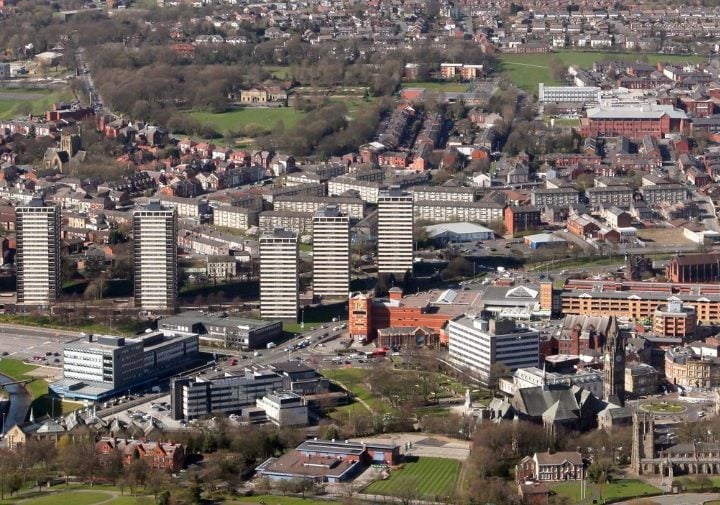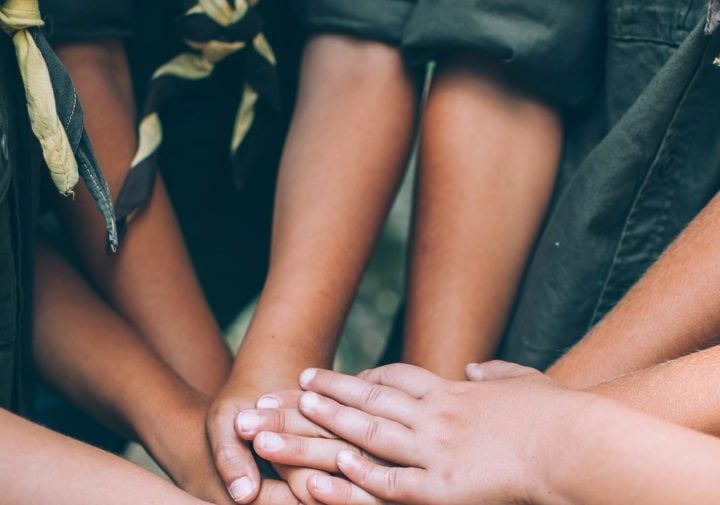On 15 June, Prime Minister Keir Starmer announced a full statutory national inquiry into grooming gangs across England and Wales.
Reports of young girls being groomed by gangs of men across the UK first started to emerge in 2002, but evidence of gang-based grooming dates to the early 1990’s and continues to present day.
The recent announcement symbolised a proposed shift in the government’s approach to the widespread issue of gang-based grooming of young girls in the UK.
It has long been known that the effect of this abuse on survivors is devastating.
Some survivors have fought for years to see their abusers face justice, with one of Farleys’ clients finally seeing her seven abusers brought to justice in the criminal courts on Friday 13 June 2025. Between them, the abusers were prosecuted for 50 sexual offences against her and another young girl which took place in the Rochdale area between 2001 – 2006.
In total, 32 offenders have been jailed or a total of 300 years as part of two major investigations in the past decade into non-recent CSE in Rochdale. The investigations are often drawn out and can take many years to conclude.
The aftermath of the abuse requires survivors to access intensive therapy and support.
In 2015, the Independent Inquiry into Child Sexual Abuse (IICSA) was launched. The IICSA was established to investigate the extent to which institutions in England and Wales failed to protect children from sexual abuse and exploitation, and to make recommendations to prevent future harm.
The IICSA conducted extensive work spanning over seven years, including 15 investigations, 19 investigation reports, and a final report with 20 recommendations. The IICSA also included a Truth Project where over 6,000 victims and survivors shared their lived experiences. There have been numerous public hearings and seminars on the effect of childhood sexual abuse on victims.
Farleys’ Jonathan Bridge has attended seminars and hearings commissioned by the IICSA over the past ten years and has shared his views on the new inquiry here.
In the final IICSA report released in October 2022, Alexis Jay concluded that abuse was often covered up by institutions that “prioritised their reputations above the welfare of those they were duty bound to protect”. This applies to the survivors of grooming gangs who had asked for help from Local Authorities and police forces across the UK.
Within the twenty recommendations were:
- Mandatory reporting
- The production of improved data
- Various improvements to be made to the Criminal Injuries Compensation Scheme
As of January 2025, none of the recommendations from the Independent Inquiry into Child Sexual Abuse (IICSA) have been fully implemented on a national level.
The decision to launch the new inquiry has been prompted by an audit conducted by Baroness Louise Casey. It is not known whether a review of the twenty outstanding recommendations has taken place.
Kier Starmer had previously resisted calls for a further inquiry but stated that he is now in agreement with Baroness Casey’s recent report. The inquiry proposes to build on the work of Alexis Jay, using statutory powers to call out institutions on any failings identified. The full details of the inquiry, including its leadership and timeline, are expected to be announced shortly.
According to a national police initiative known as the Hydrant Programme, there were 717 grooming gang-related offences recorded in 2023, and 572 more in the first nine months of 2024. The grooming epidemic which affects young girls across the country still very much remains.
The question remains as to whether the national inquiry will serve survivors of abuse in the ways they need to be served most desperately – with real-life support, acting upon the previous recommendations, and securing the convictions of their perpetrators.
To speak to a specialist in abuse claims in confidence, please contact our dedicated abuse line on 0330 134 6430 or complete our online contact form and a member of the team will get in touch with you.







